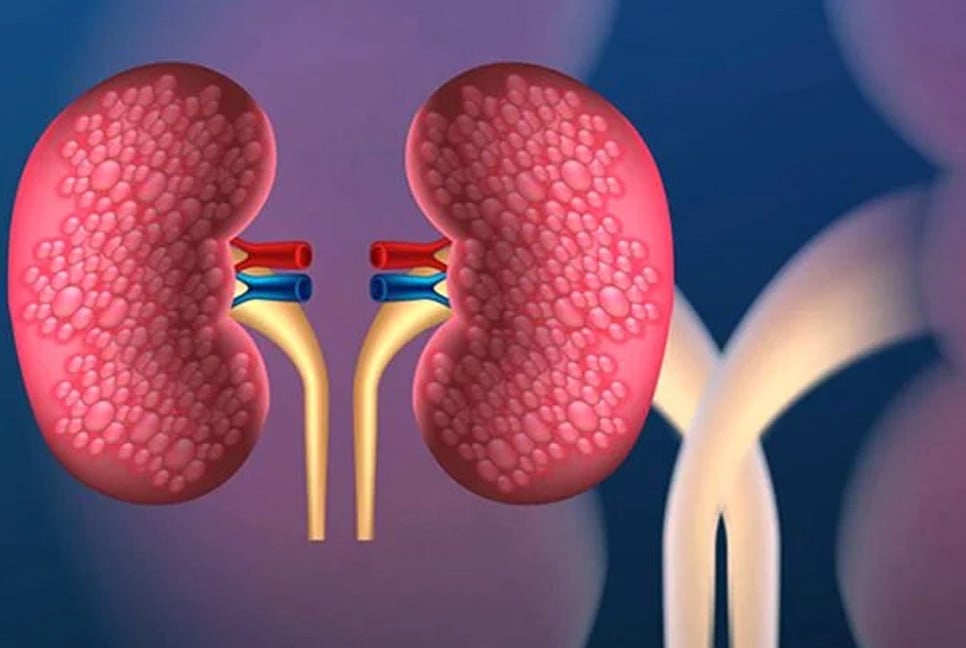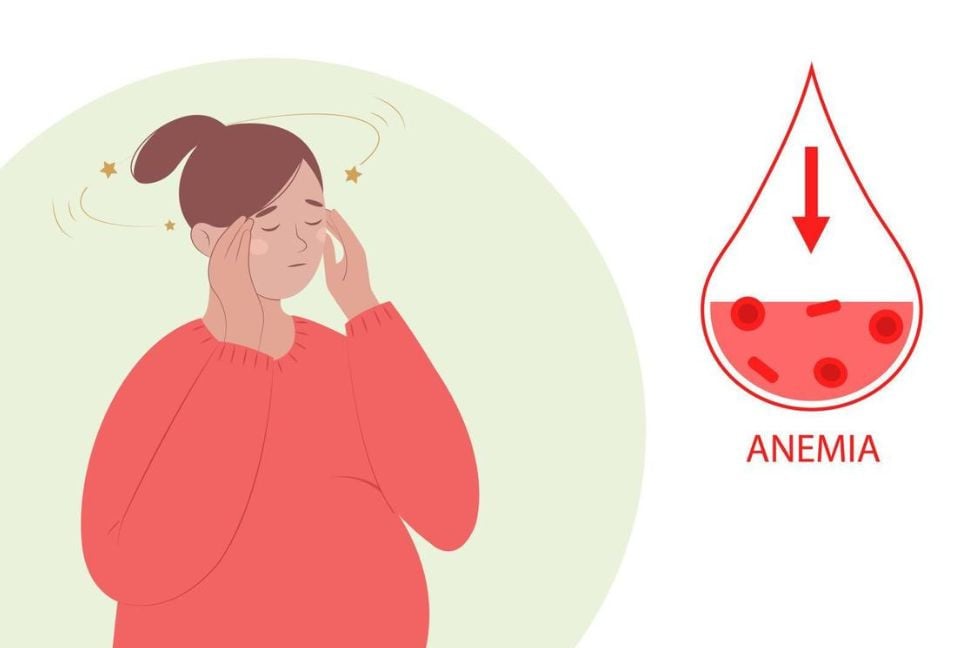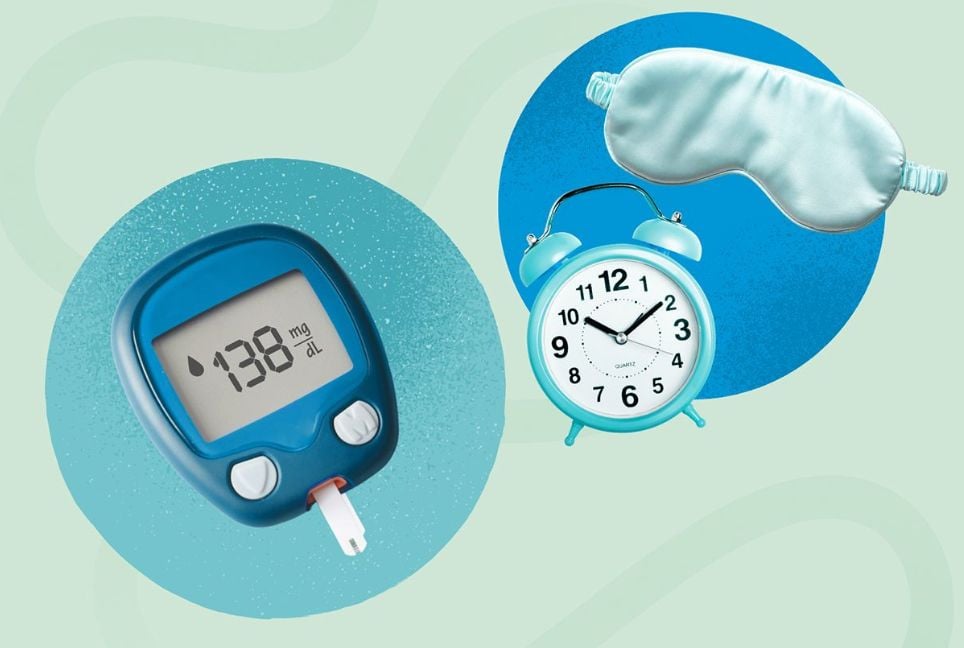The Mediterranean diet — which is more of a lifestyle than a diet — has won top honors since 2019 for its focus on eating fruits, vegetables, grains, olive oil, and nuts and seeds while emphasizing the importance of meals with family and friends and daily exercise.
The diet has captured 2025’s “best of the best” award from U.S. News & World Report, which puts out a yearly list of the most and least beneficial diets as ranked by nutrition professionals, reports CNN.
The diet also slashes the consumption of sweets and recommends small amounts of dairy and meat, especially red meat. Fish, however, is a staple, especially fatty fish such as sardines.
This year, however, the best diet report takes a different approach, asking nutritional judges to give diets up to five stars, much like the consumer rating systems on many commercial platforms such as Amazon.
“Pretty much any product or item you’re looking at these days seems to get rated on a five-star scale,” said Gretel Schueller, managing editor of health for U.S. News & World Report, who oversees the annual diet rankings. “We believe this new approach allows people more choice and a more personalized experience as they consider their health priorities and eating goals.”
Using this new system, the trio of Mediterranean, Dietary Approaches to Stop Hypertension, or DASH, and the flexitarian diets each received 4-plus stars as the best overall diets, the best healthy eating diets and the easiest diets to follow.
The DASH diet emphasizes limiting salt intake in its goal to reduce blood pressure, while the flexitarian diet, true to its name, allows an occasional indulgence of meat or poultry in its vegetarian approach. All are plant-based diets that suggest limiting refined, ultra-processed foods, red meat and added sugars.
Diet ranking
The 2025 report has also included new rankings for diets designed to help chronic conditions such as arthritis, diverticulitis, fatty liver disease and irritable bowel syndrome, or stages of life such as menopause.
Some medical associations do recommend specific diets — the American Heart Association ranks the DASH diet as the highest for heart health, as it is 100 per cent aligned with AHA goals for heart-healthy eating. In the new best diet report by U.S. News & World Report, the DASH diet won the top ranking (4.9 stars) for both heart health and blood pressure control.
Consult your doctor about diets
Many of the new diet categories in the report revolved around digestive health and diets that claim to reduce inflammation for conditions such as arthritis and gout.
“There is no single diet for arthritis or for gout,” Jill Tyrer, an editor at the Arthritis Foundation, told CNN in an email. “Plant-based diets that are low in sugar, unhealthy fats, salt and processed foods — like the Mediterranean and DASH diets — are the best options to help manage these diseases.
“However, most people with autoimmune, inflammatory forms of arthritis and many with gout require medications to slow or stop the disease from progressing.”
People with digestive issues should not use the U.S. News & World Report rankings to decide on their diet without first having a thorough discussion with their attending physician, said Dr. Jesús Luévano Jr., an assistant professor of gastroenterology at Morehouse School of Medicine in Atlanta.
For fatty liver disease, inflammation and overall gut health, the Mediterranean diet received four-plus star ratings, according to the report. For diverticulitis, a disease in which large bulging pouches in the large intestine and colon create significant pain, judges gave the Mediterranean diet a 3.7 rating.
“For fatty liver and gallbladder disease, we do recommend low-fat diets and the Mediterranean diet, as a diet with leaner meats and healthier fats has been shown to be beneficial,” Luévano said.
For irritable bowel syndrome, judges gave the low FODMAP diet 4.8 stars. The diet, developed in Australia, focuses on reducing foods and carbs that ferment and create extra water in the bowels, which can cause cramping, pain and diarrhoea.
“There needs to be a careful discussion with their physician and a nutritionist because every patient has his or her unique food triggers,” he added. “We need to see if we remove this one, does it really help you with your symptoms?”
Bd-pratidin English/Fariha Nowshin Chinika




























































